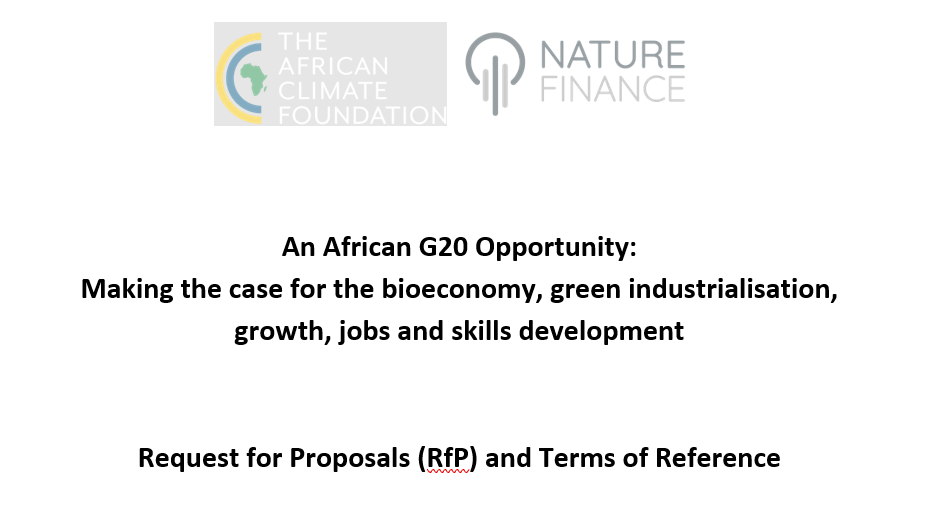Environment crime, such as illegal wildlife trade and logging, is now one of the most profitable global criminal enterprises, generating up to almost USD300 billion in criminal gains each year, and creating even more profound damage and cost to the environment and society. Many entirely legal enterprises benefit from such environmental crimes, as do those who finance them.

NatureFinance’s most recent report highlights the opportunity to reduce environmental crimes by widening the scope and interpretation of existing Anti-Money Laundering (AML) rules. Pointing to the limits of such an approach, however, the report highlights the need to go further, and proposes a way forward paralleling anti-slavery and conflict diamond approaches. Finally, it encourages the financial community to take leadership in advancing widely adopted and effective voluntary measures to ensuring environmental crime-free financing value chains, and points to first-mover advantages in avoiding likely reputation damage, litigation, and poorly-designed legislation.
The report is an invited contribution to the UK Government-sponsored Global Resource Initiative (GRI), a multi-sectoral taskforce mandated to provide recommendations on greening the UK’s international supply chain footprint. Its recommendations are, however, internationally applicable.









